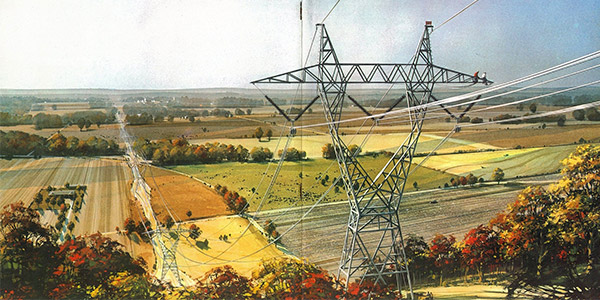FERC is re-evaluating how its 2018 decision on transmission owners’ return on equity might affect Entergy Arkansas’ unit power sales tariff from 2013.
The commission April 30 said it could determine a new ROE for Entergy Arkansas and issued an order directing submission of briefs and additional written evidence (ER13-1508-001).
The issue dates back six years, when Entergy Arkansas decided to leave the Entergy System Agreement and join MISO. As a result, Entergy Arkansas created a unit power sales tariff that passed through MISO’s ancillary and uplift charges and credits, along with the RTO’s 11% ROE for TOs. Both the Louisiana Public Service Commission and the city of New Orleans protested Entergy Arkansas’ use of the rate. Using the 2014 Opinion 531 that set the ROE for transmission owners in New England, an administrative law judge in 2015 found that 9.01% was reasonable in Entergy Arkansas’ case.
But with Opinion 531 vacated in 2017 and no longer serving as precedent, FERC wants a fresh look at Entergy Arkansas’ ROE. As of last year, the commission said it will no longer rely only on the discounted cash flow (DCF) model, instead using a combination of DCF and the capital asset pricing, expected earnings and risk premium models. (See FERC Changing ROE Rules; Higher Rates Likely.)
“Accordingly, we direct the participants to this proceeding to submit briefs regarding the proposed new methodology for determining just and reasonable ROEs … and whether and how to apply it to the unit power sales tariff,” FERC said.
The commission added that participants in the case “are free to present evidence supporting the proposed new methodology or supporting a different or revised new methodology.” Briefs are due in two months.
– Amanda Durish Cook





